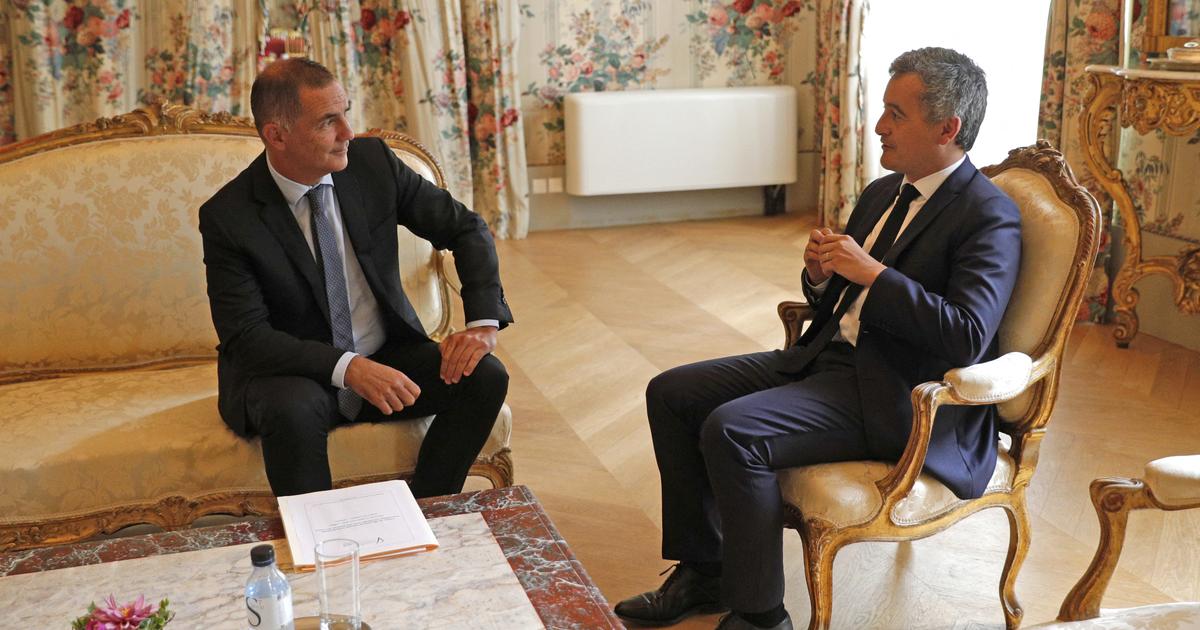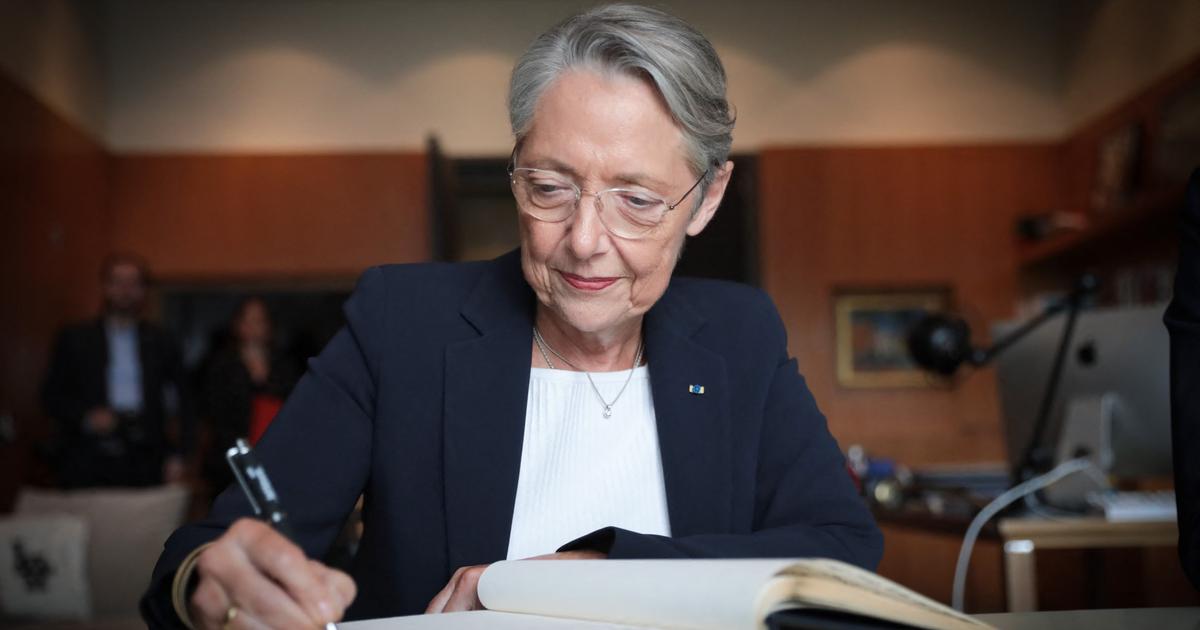Benjamin Morel is a lecturer in public law at the University of Paris II Panthéon-Assas.
FIGAROVOX. - The new tenant of Matignon,
Élisabeth Borne, cut her teeth with socialists.
Should we see Emmanuel Macron's desire to put a helm on the left after having flattered the right?
Benjamin Morel. -
It does not seem to me that the appointment of Elisabeth Borne represents a real political marker.
Admittedly, she was close to the Socialist Party, but she was never a figure of it.
She also entered macronie in 2017. It is therefore much more an internal recruitment than an opening of the majority.
However, what is true is that this appointment marks a limit in Emmanuel Macron's ability to distance himself from his left wing.
Whether it was founded or not, the Vautrin hypothesis fizzled out in the face of the excitement caused in part of the Macron camp.
The choice of Elisabeth Borne is therefore a partly forced choice of the president, which is quite new and shows that even locked by Richard Ferrand the latter is not so stable.
VS'
is also proof that the choice of Elisabeth Borne, mentioned for months, is a default choice.
Emmanuel Macron looked for the martingale and, failing to find it, given his weak human resources, chose security.
The choice of Elisabeth Borne in the nerve center of the French administration that is Matignon is a guarantee of control.
Benjamin Morel
From her background, Elisabeth Borne can be described as "techno". Is his appointment a sign of the strengthening of the weight of the administrative authorities on politics?
It seems to me that we are mistaken in thinking that by appointing someone who knows the administration for having cut his teeth there, we give in to the administration.
On the contrary, if you appoint a politician who does not know how the administrative machine works, this is where you run the risk of seeing the administration become autonomous.
The choice of Elisabeth Borne in the nerve center of the French administration that is Matignon is rather, precisely, a guarantee of control.
We can only master what we understand.
For the rest, the political orders will come from the Élysée.
This is clearly what is expected by Emmanuel Macron who expresses here his desire not to cede any of his power to a politician who could empower himself and lead his own agenda.
On the administrative side,
Elisabeth Borne is also a good choice.
She went through the equipment, was regional prefect, headed the cabinet of Ségolène Royal;
if the objective is to find someone who can steer the administration in a great strategy of productive and ecological planning, she is probably the best person to do so.
During the five-year term, Elisabeth Borne was entrusted with several major reforms. It was she, for example, who, then Minister Delegate for Transport, led the thorny reform of the SNCF and the reform of unemployment benefits. Its profile, however, suggests a form of continuity. Economic liberalism...
Here again, the new prime minister should not be credited with more influence than he will have.
Emmanuel Macron does not intend to let Matignon arbitrate the main lines of pension reform or the management of the economic crisis.
Admittedly, Edouard Philippe resisted and sometimes imposed his vision, but, precisely, that is what the President no longer wants to bother with.
The feeling of a lack of possible alternative can only lead to an eruptive situation.
Benjamin Morel
What major projects await it?
The crises it will have to manage will first be political.
But if Elisabeth Borne is a good technician, she does not yet have any confirmed political experience.
She has never been a parliamentarian, and her ministerial stint has never led her to the front line outside of these subjects.
However, the legislative elections cannot go well for the government.
In the best case, Together will obtain an honorable score roughly similar to the left with 25-30% of the vote… which will turn into 60% of the seats.
The feeling of democratic dispossession will grow.
The 25% of LREM voters won the presidential elections by asking the left to block the RN and risk winning the legislative elections by asking the RN to block the left.
In the end, the feeling of a lack of possible alternative can only lead to an eruptive situation.
If the legislative elections do not go as planned, it is possible that the absolute majority will not be secured.
If so, we are no longer at the time of Michel Rocard;
Even if the majority is obtained, the latter risks quickly dividing.
It risks quickly dividing between those who, judging their re-election impossible with the departure of Emmanuel Macron in 2027, will assert their opinions against majority discipline and those, hoping to be re-elected, who will seek another presidential horse.
It will then be necessary to finely manage this majority.
Between parliamentary fragility, in a period of acute crisis in purchasing power and the probable return of the Covid, Elisabeth Borne's mission is anything but easy.















